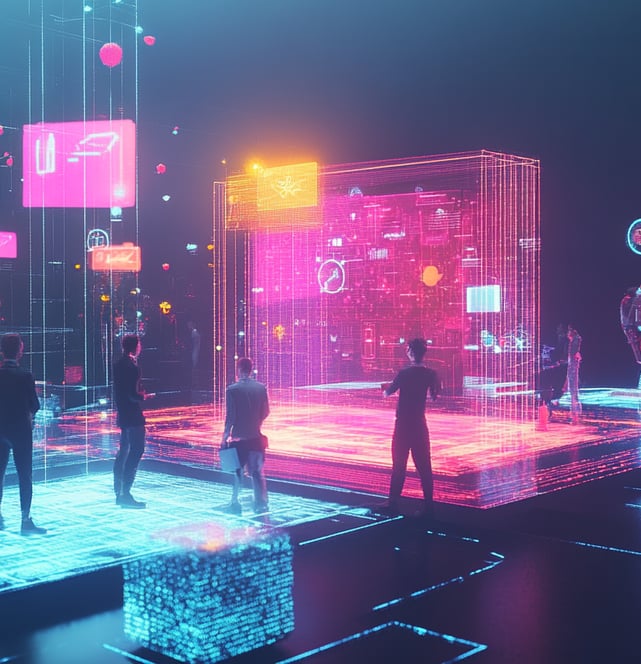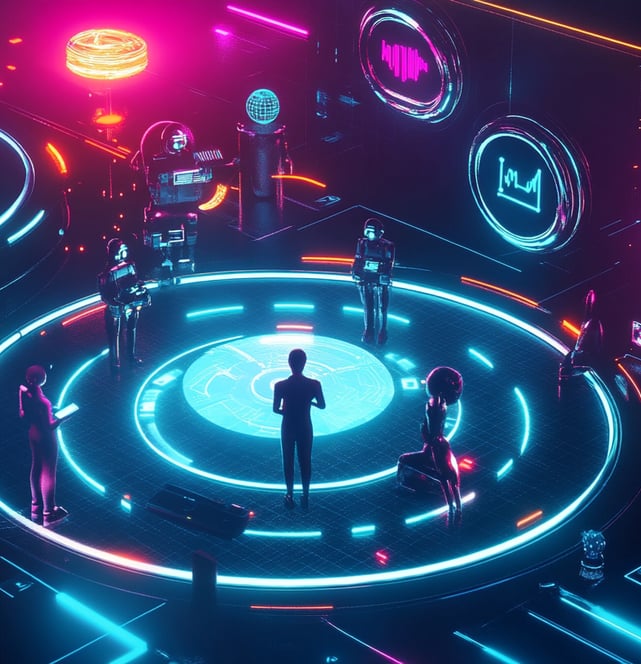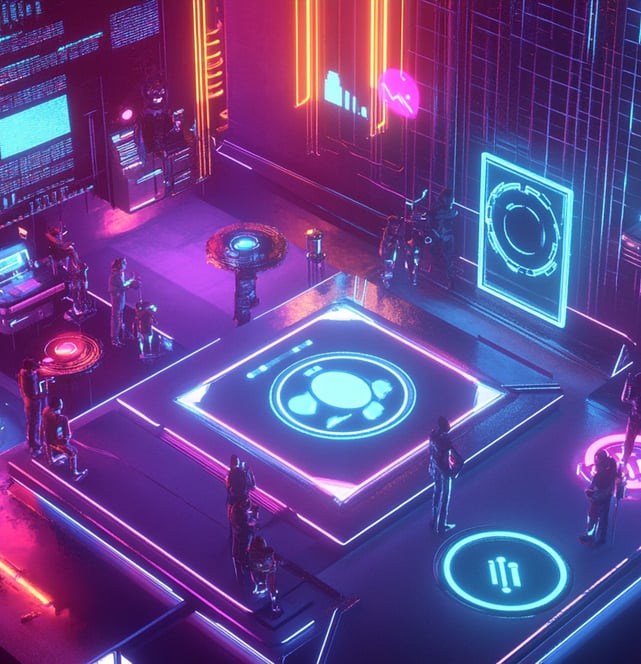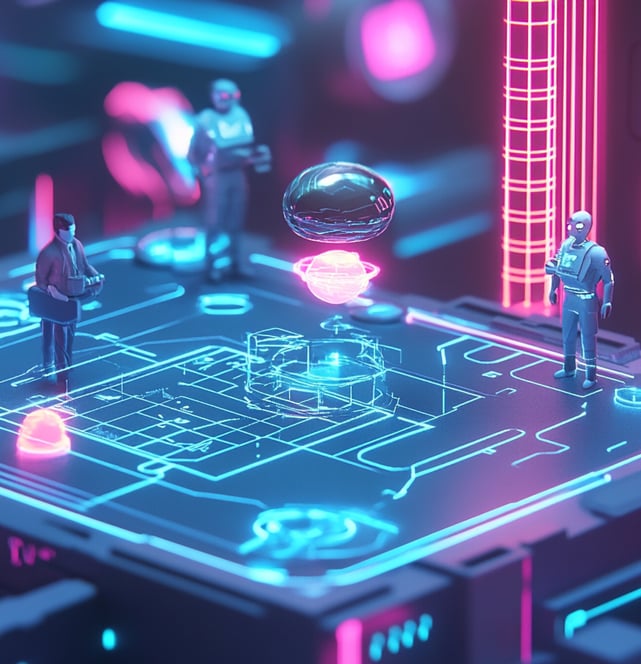
Philosophy
First
In June 2025, Stanford University's "SALT Lab" released a report titled "Future of Work with AI Agents: Auditing Automation and Augmentation Potential across the U.S. Workforce".
With the rapid development of "composite AI systems" (i.e. AI Agents), more and more professional tasks are facing the possibility of being automated or assisted by AI. However, the alignment between academia and industry on "what workers want AI to do" and "what current technology can do" is still unclear.
For 104 occupations and 1,500 working Americans, they collected their "automation/assistance preferences" for various tasks and their expectations for human involvement. The results were divided into four areas according to "expectation-ability":
*Green Light Zone: automation is desired and the technology is mature;
* Red Light Zone: automation is not desired, but the technology can do it;
* R&D Opportunity Zone: automation is desired, but the technology is not yet mature;
* Low Priority Zone: automation is not a concern and less investment is made in technology development.
The results are summarized in the following 4 points:
1. There is a major mismatch
41.0% of Y Combinator startups/projects focus on the "low priority zone" and "automation red light zone", which is significantly out of touch with the real needs of workers.
2. Willingness for human-machine collaboration
Most professional tasks are not simply "automated or not", but require equal cooperation with AI Agents. Workers as a whole tend to have higher human participation, and are worried that leaving it entirely to AI will bring about issues of control and responsibility.
3. Task impact scope
The study estimates that about 80% of American workers will have at least 10% of their work tasks affected by large language models (LLMs); 19% of workers may have more than half of their tasks potentially changed..
4. Core competency transformation
As technology takes on more "information processing" tasks, soft skills such as interpersonal communication, creativity, and ecosystem thinking will become competitive advantages in the future workplace.
Against the background of this research result, what role the start-ups play, what track they focus on, what practical problems they solve, and what role they play in the problem-solving process will be the key to how far the start-ups can go in this AI revolution.
Against the background revealed by the results of this study, how far the start-ups can go in this AI revolution depends on how they position their roles, choose to focus on the track, and actually solve real problems. Specifically, if companies can take the role of "human-oriented technology enabler" and focus on the "R&D opportunity zone" first, they will not only have differentiated competitiveness, but also be more likely to win user trust and market recognition.
This means that start-ups need to deeply understand the expectations of the workforce in various industries for AI, and focus on those areas with great potential for human-machine collaboration but have not yet been fully met by technology, such as professional decision-making assistance, copywriting draft generation, and customer dialogue assistance. At the same time, companies should also avoid blindly pursuing the automation of "red-light district" tasks, that is, application scenarios that are technically feasible but seriously conflict with workers' wishes.
In this process, start-ups will play the role of "reconciler" between technical capabilities and actual needs. On the one hand, they will promote the breakthrough of AI agent capabilities, and on the other hand, they will also take on the responsibility of educating the market, building user trust, and shaping a human-machine symbiotic working model.
Ultimately, the AI start-ups that can truly cross the cycle will not be the "most powerful in technology", but the technology implementers who can best understand, respect, and serve people.


Our Vision
A small act of kindness to many people.
In the era of profound changes in AI, we believe: "A small act of kindness to many people." Truly valuable technology is not to replace people, but to understand and respect people, and to empower individuals in human-machine collaboration. We are committed to using a warm way to make technology accessible to everyone, so that small progress can bring lasting impact in the real world. While riding the wave of technology, we choose to be that gentle and firm force to promote the benign symbiosis of people and technology.


Our Mission
Stay ahead of the curve before it becomes mainstream.
As AI technology is developing rapidly, our mission is to Stay ahead of the curve before it becomes mainstream - to prioritize understanding and serving people, rather than blindly chasing the wave of AI technology development. As the Stanford Research Institute pointed out, truly valuable AI should respect people's wishes and focus on neglected but truly needed scenarios. We choose to take root in reality before the trend arrives, using warmer technology and warmer methods to solve problems. This is not to be unconventional, but to be responsible for the future.


Our Value
・Insight:The world is understood and understood intuitively
Not only understand technology, but also understand people's hearts. We focus not only on trends, but also on people's unspoken real needs.
・Imagination:Creative thinking and ideal formation
Jump out of the tool perspective, build a new working picture of symbiosis between people and AI, and create a more worthy future.
・Business Design:Ideals and concrete plans are replaced by concrete plans
Make humanistic ideals feasible. Based on user willingness, design clear paths to solve real problems and realize value transformation.
・Action: Plan and concrete results
Fulfill promises with results. We respond to real needs with real products and services, so that value can truly reach everyone.


Our Culture
・Be kind in heart
Technology should be based on goodwill, even if it is a small improvement, it must truly respond to people's real needs.
・Follow your heart
Only do things worth persisting. "Can do" does not mean "should do".
・Yes, and; No, but
We reject opposition and embrace collaboration. Just as the future is not about “humans or AI” but “humans and AI”, a fusion way of thinking can find the possibility of a win-win situation between technology and humanity.
・Keep your humanity
Always focus on people. The end point of technological progress should be the cooperation between people and AI, not replacement.
